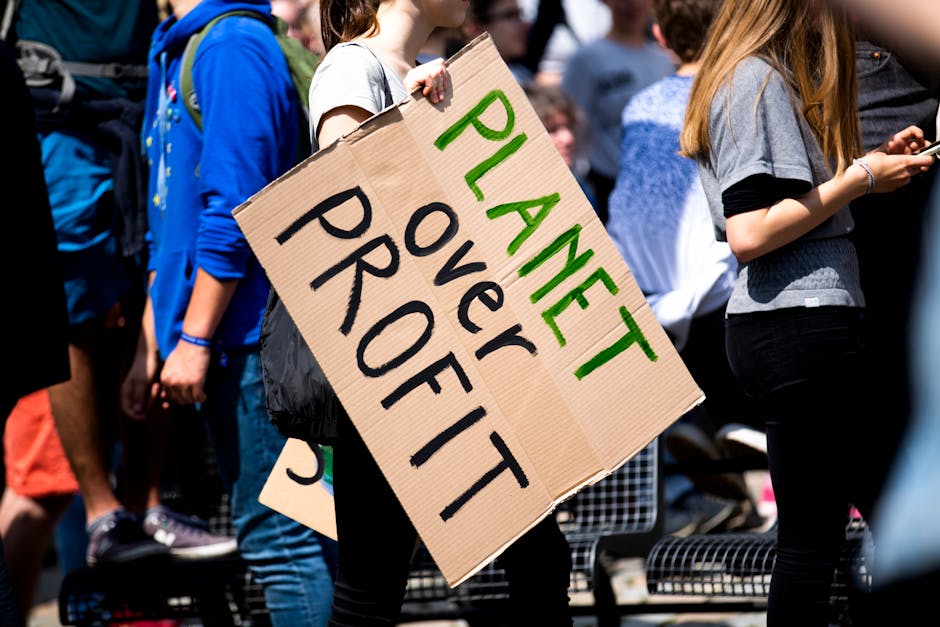Global warming, a pressing issue facing our planet, is the gradual increase in the Earth's average temperature caused by the release of greenhouse gases. These gases, such as carbon dioxide and methane, trap heat in the atmosphere, leading to a warmer climate.
**Causes of Global Warming**
The primary cause of global warming is human activities, particularly the burning of fossil fuels like coal, oil, and natural gas. These activities release large amounts of carbon dioxide into the atmosphere, contributing significantly to the greenhouse effect.
**Consequences of Global Warming**
The consequences of global warming are far-reaching and severe. Rising temperatures have led to more frequent and intense heat waves, droughts, and wildfires. Sea levels are rising due to thermal expansion and melting glaciers, posing threats to coastal communities and infrastructure. Extreme weather events, such as hurricanes and floods, are also becoming more common and destructive.
**Impacts on Ecosystems and Biodiversity**
Global warming has profound impacts on ecosystems and biodiversity. Many species are experiencing habitat loss, altered food sources, and disruption of their natural life cycles. Coral reefs, essential for marine biodiversity, are particularly vulnerable to rising temperatures and ocean acidification.
**Health Impacts of Global Warming**
Global warming also poses significant health risks to humans. Heat-related illnesses, respiratory problems, and the spread of infectious diseases are all exacerbated by higher temperatures. Air pollution, a byproduct of fossil fuel combustion, further contributes to health issues such as asthma and cardiovascular disease.
**Mitigation and Adaptation**
Addressing global warming requires a concerted effort to reduce greenhouse gas emissions and adapt to the changing climate. Mitigation measures include transitioning to renewable energy sources, improving energy efficiency, and investing in carbon capture and storage technologies. Adaptation strategies involve strengthening infrastructure, developing early warning systems, and implementing climate-resilient agriculture practices.
**International Collaboration**
Combatting global warming is a global challenge that requires international collaboration. The Paris Agreement, adopted in 2015, is a landmark agreement that sets a target of limiting global warming to well below 2 degrees Celsius, ideally to 1.5 degrees Celsius, compared to pre-industrial levels.
**Individual Actions**
While collective action is crucial, individuals also have a role to play in mitigating global warming. Reducing our carbon footprint through sustainable lifestyle choices, such as reducing energy consumption, opting for public transportation, and supporting local businesses, can make a significant difference.
**Conclusion**
Global warming is a pressing threat to our planet and the well-being of future generations. By understanding its causes, consequences, and potential solutions, we can take collective action to mitigate its impacts and secure a sustainable future for ourselves and the generations to come.

